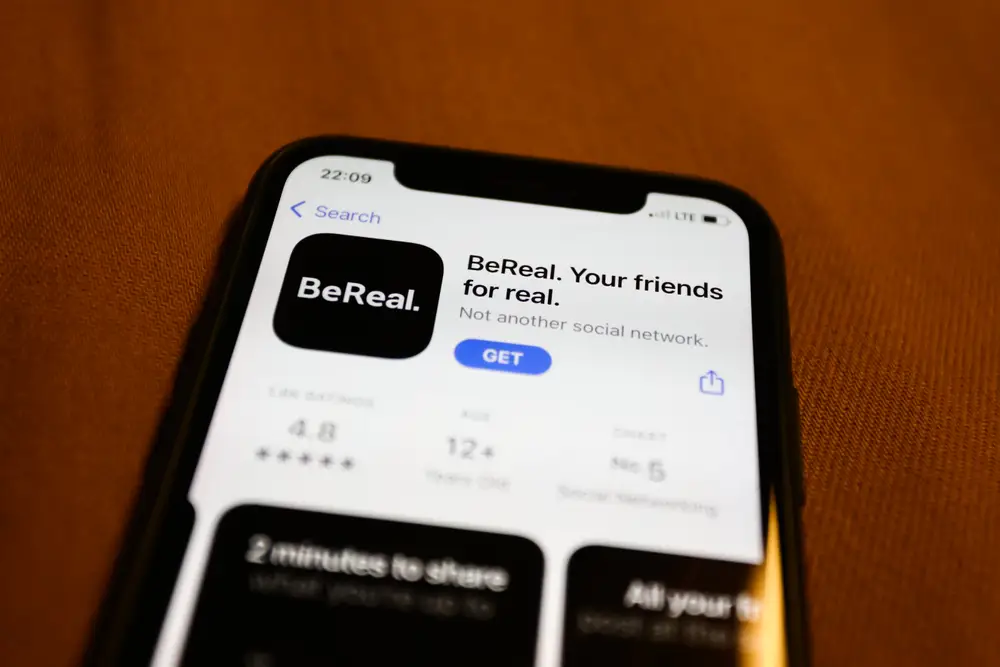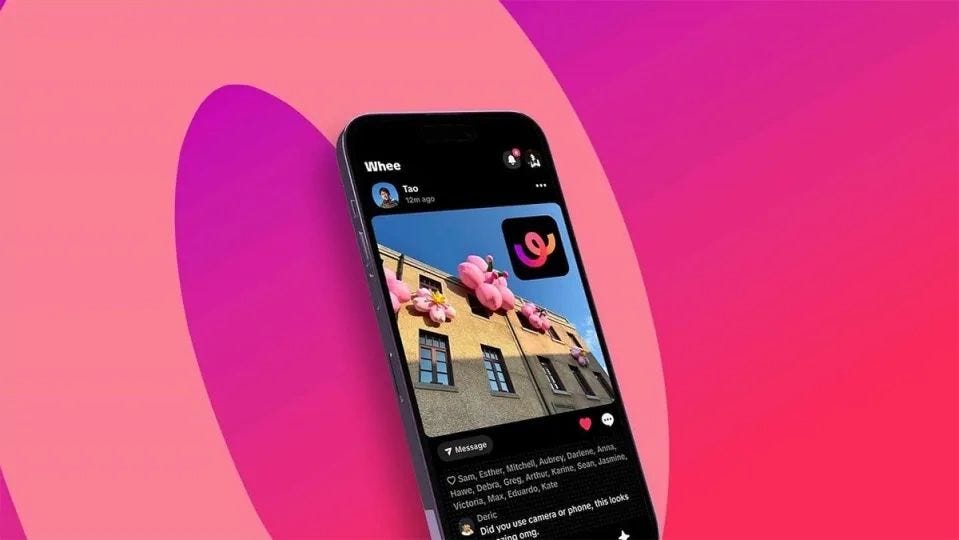SOCIAL MEDIA
Some Startups That Didn't Survive
In the fast-paced world of social media, not all apps find success. Some enter the market with great promise only to fade away within their first year. Here’s a look at ten social media apps that failed to make a lasting impact.
Friendster was an early pioneer in social networking launched in 2002, but after rebranding multiple times and trying to pivot to a gaming site, it officially closed down in 2011. However, it had lost its relevance and user base long before its official closure.
Yik Yak was an anonymous social media app launched in 2013, quickly gaining popularity among college students. It allowed users to post and view messages anonymously within a five-mile radius. However, due to issues with cyberbullying and harassment, it struggled with moderation and eventually shut down in 2017.
Meerkat was a live-streaming app that gained attention in 2015. Despite a promising start and significant media buzz, it couldn’t compete with Twitter’s Periscope and Facebook Live. Meerkat pivoted to a new app called Houseparty but shut down within a year of its launch.
Vine was a short-form video hosting service where users could share six-second-long looping video clips. Launched in 2013, it gained a massive user base quickly but struggled to monetize and innovate against competitors like Instagram and Snapchat. Twitter, which acquired Vine, shut it down in 2017.
Google Buzz was an early attempt by Google to create a social network integrated with Gmail. Launched in 2010, it faced immediate backlash over privacy concerns. Google quickly abandoned the project within a year and shifted focus to Google+.
Orkut was another social network from Google, launched in 2004. It was particularly popular in Brazil and India but failed to gain a foothold elsewhere. After years of declining usage, it was shut down in 2014, but it struggled with relevance well before its official end.
Google Wave was a real-time collaborative communication tool launched in 2009. Despite high expectations and innovative features, it was deemed too complex for users and was discontinued within a year, in 2010.
Ello launched in 2014 as an ad-free alternative to Facebook. It gained initial traction due to its minimalist design and promise of no ads. However, it failed to retain users and build a sustainable business model, quickly fading into obscurity.
Path was a social networking app launched in 2010 that limited users to 50 friends to encourage closer connections. Despite some initial success and user loyalty, it couldn’t scale effectively and was eventually shut down in 2018.
Apple’s Ping was a social network for music launched in 2010, integrated into iTunes. It allowed users to follow artists and share music. However, it failed to attract significant user engagement and was shut down in 2012.
These apps highlight the challenges in the social media landscape, where even innovative ideas and strong initial user interest do not guarantee long-term success. Issues such as scalability, monetization, competition, and user engagement are critical to a social media app’s survival.




